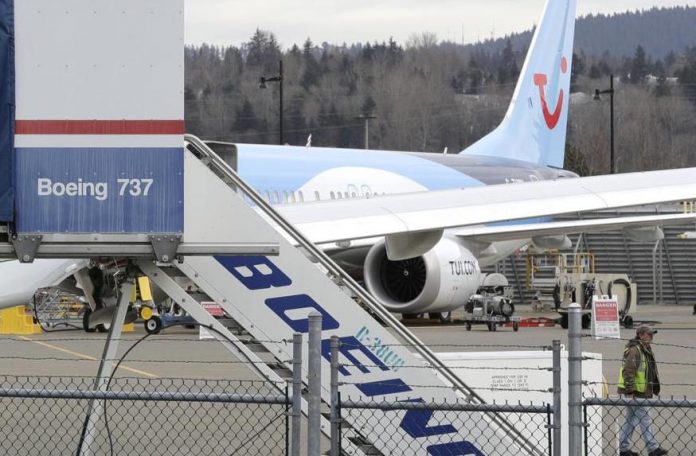THE pilot of the doomed Ethiopian Airlines flight which crashed killing all 157 on board sent a final message to air traffic control just moments before catastrophe.
Yared Getachew, captain of the Boeing 737 Max 8, asked to return to base on Sunday shortly after takeoff on the flight to Nairobi, Kenya.
Now the airline’s CEO, Tewolde GebreMariam, has detailed the message broadcast from the cockpit.
He told CNN: “According to the air traffic controller’s recorded voice exchange, the pilot recorded flight control problems, so he was having difficulties with the flight control of the aeroplane.
“He asked to return back to base, and clearance was given to him.
“That was at 8.44am, at the same time the aeroplane disappeared from the radar.”
It is not yet clear what the problems were which the crew were reporting.
Mr GebreMariam underscored that all employees had been given new training following last year’s Lion Air disaster in which another Boeing 737 Max 8 crashed in Indonesia.
He added: “The fact that many other countries are also now raising cautions on the aeroplane shows there is very significant similarities [between] the two accidents.
“There are a lot of questions to be answered on the aeroplane.”
The black box from the passenger plane, which records flight data, will be now be sent to Paris for investigation into what happened.
At least nine Britons were among the 157 killed in the Ethiopian Airlines plane crash, the Foreign Office confirmed.
They include a UN animal campaigner, a polar tourism expert, an aid worker, a dad-of-three from Hull and a mother and son.
Four countries including China, the US and the UK ordered airlines to temporarily ground their Boeing 737 Max 8 planes over safety fears following the Sunday morning crash.
The flight came down six minutes after taking off from Addis Ababa carrying 149 passengers from 35 countries and eight crew members.
Mr GerbreMariam said the pilot, who had an “excellent flying record”.
Senior captain Yared Getachew had a “commendable performance” having completed more than 8,000 hours in the air, an Ethiopian Airlines spokesman said.
The plane had flown from Johannesburg to Addis earlier on Sunday morning.
It was delivered new to the airline about four months ago, and underwent “rigorous” testing on February 4.








